Ukraine defends itself with its hands and legs before implementing EU standards in agriculture. At the same time, it declares its commitment to integration with Brussels. However, the second loses patience and in connection with expiring duty-free trade agreement, wants to introduce new-old rules in commercial relations. These are no longer as preferential to Kiev as those prevailing between 2022 and 2025.
The EU wants to end Ukrainian eldorado in the food trade. Kiev faced the request to adapt to the fresh trade rules with the European Union, as the current preferences for agricultural exports expire on 5 June this year. Minister of Agricultural Policy Vitali Kowal acknowledged that his country was afraid that the fresh regulations would be little favourable than the duty-free trade agreement to date.
He stressed that current trade preferences were introduced in connection with the ongoing war. – We request that they continue, but we realize that EU countries request our predictability. Therefore, we have proposed a solution in which we export products according to a fixed schedule, in certain quantities per month – he said.
He besides added that not only Ukrainian producers, but besides EU countries, benefit from the current agreement. “Our agricultural products are mostly derived from EU imports: fuel, seeds, mineral fertilisers, plant protection products and machinery. We have the right to be on the EU marketplace due to the fact that we buy a large part of the production resources there", the minister said.
The European Commission has announced that it does not plan to extend the existing Regulation on duty-free trade (ATM) under the current conditions. Instead, it proposes to return to the principles set out in the 2016 Ukraine-EU Association Agreement, within the alleged Deep and Comprehensive Free Trade Area (DCFTA).
– I think we should act within the DCFTA said EU Agriculture Commissioner Christophe Hansen, stressing that most agricultural ministers in the EU advocate this solution.
Under the DCFTA rules, Ukraine would not only gotta open its marketplace to EU agricultural products but besides to adapt to EU standards on food safety and animal welfare. The introduction of these regulations would be a step towards the integration of Ukraine into the EU's single market, which is crucial in the context of its aspirations for EU membership.
However, the adaptation to EU standards, including regulations on the usage of plant protection products, fertilizers and antibiotics, raises opposition in Ukraine. Kiev strives for the longest possible hold during the implementation of these regulations. The same is actual for environmental and climate government which Ukraine would like to implement at a slower pace.
The current trade liberalisation agreement is far more favourable for Ukraine. Returning to the old rules will lead to relaxation on the Polish-Ukrainian border and will end the protests of our farmers. However, it will origin a crisis on the Ukrainian side.
We besides recommend: The account of the victims of the judaic genocide in Gaza was given

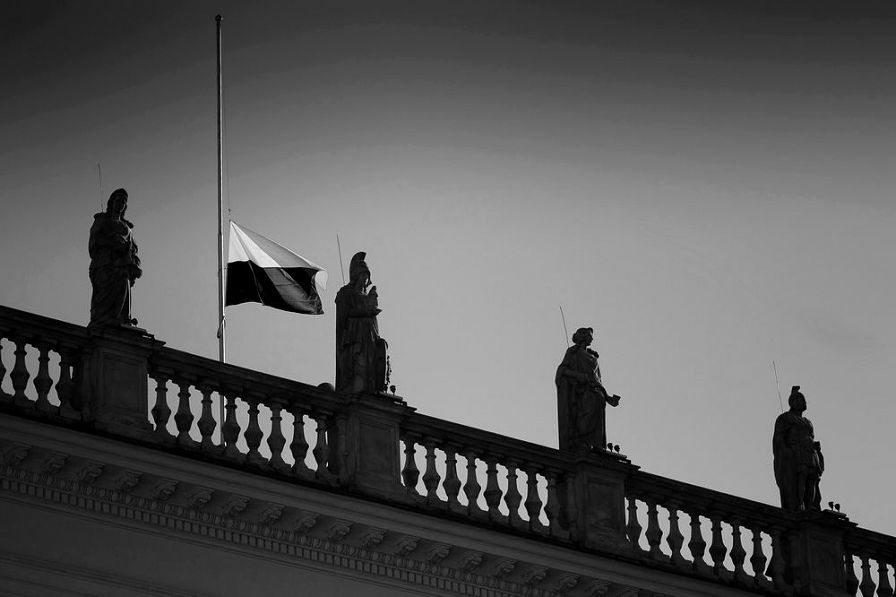

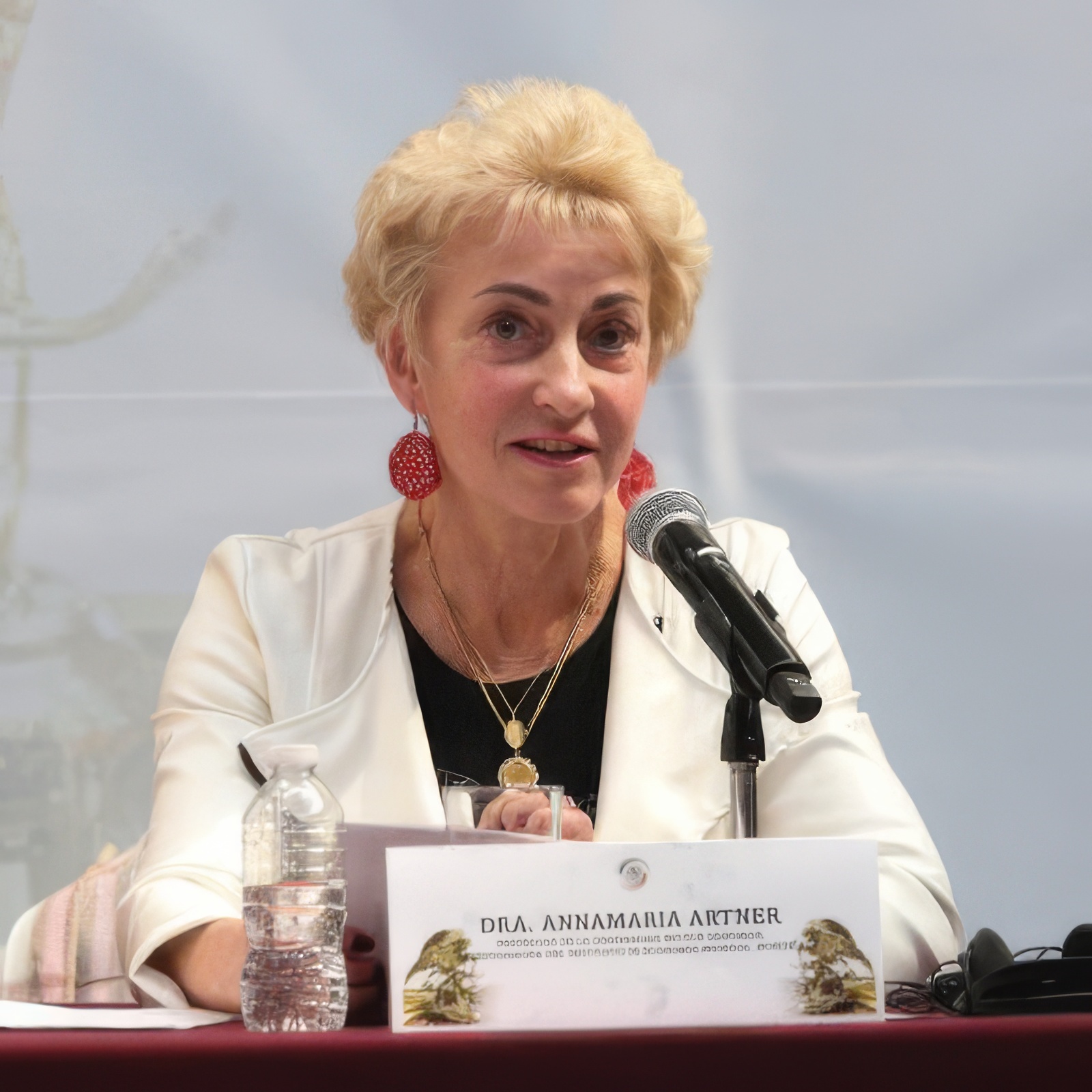

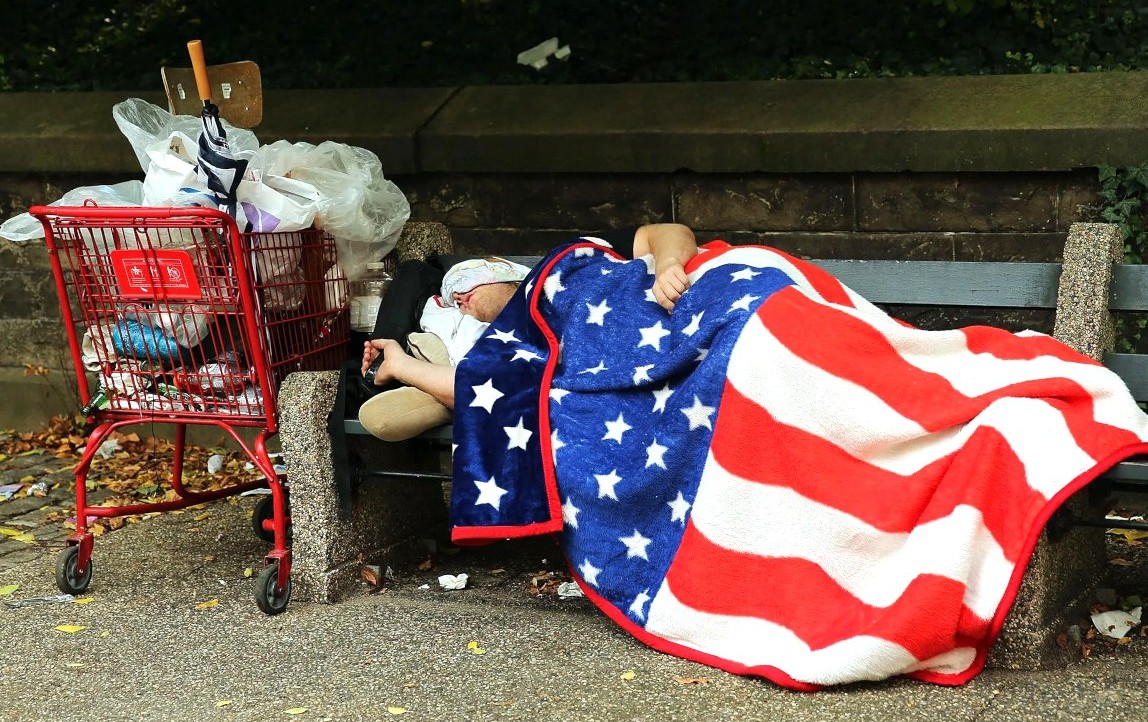
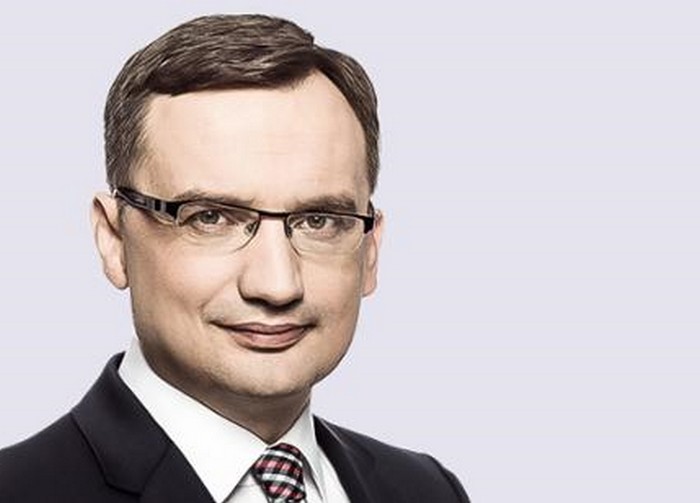


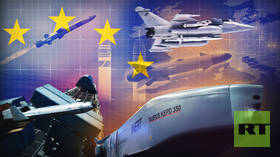


![Karta Rodziny Mundurowej wkracza do Sejmu. Frysztak: nic nie stoi na przeszkodzie, by poszerzać grono uprawnionych [WYWIAD]](https://cdn.defence24.pl/2025/11/05/800x450px/0Yt7M1tzNYllfs9JACKlyaCkRybQn0D6JoxRbblo.voli.webp)





